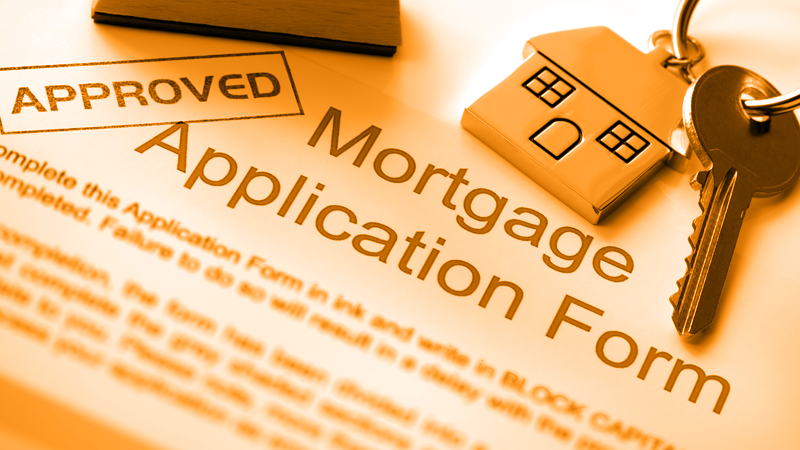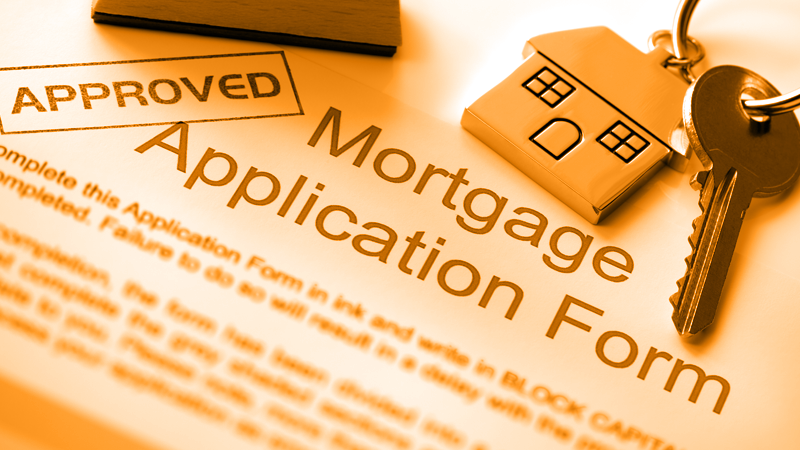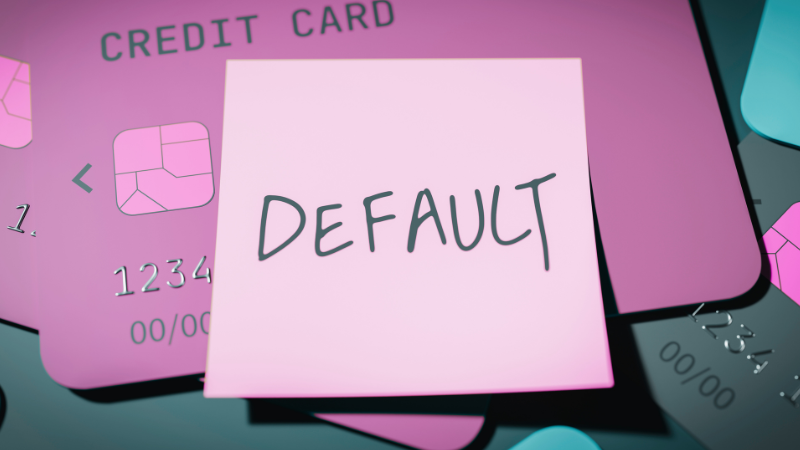If you have a less than perfect credit record, including either a history of or a current debt management plan in place, you may wonder if obtaining a mortgage is even possible.
Fortunately it is possible and in this guide, we will cover the journey and the potential stumbling blocks.
We will cover exactly how to seek a mortgage with a history of missed or late repayments, discharged bankruptcy, defaults, CCJs or IVAs, as well as the hurdles that may be faced for a mortgage applicant in this scenario.
Can I Obtain a Mortgage with a Debt Management Plan?
In short, the answer is yes, although as the debt management plan, otherwise known as a DMP, will have impacted the applicant’s credit score, it’s still possible.
However, it’s important to be aware that there is likely to be some consequences such as a higher interest rate on any mortgage offers, or a lower mortgage value offer.
However, there are lenders on the market who specialise in offering mortgages to those applicants who have had or are currently on a DMP.
The best method of finding and approaching such specialised lenders is via an independent mortgage broker.
The broker can also assist with reviewing the potential mortgage applicant’s circumstances to ensure they meet the criteria before approaching a lender.
What is a Debt Management Plan?
A debt management plan or DMP is an informal repayment agreement between a person and a non-priority debt lender.
Within the personal finance world, debts are categorised between:
- Priority debts – Those essential bills that if not paid would result in the loss of a provision for example, if the mortgage or rent is not paid, the consequence would be the repossession or eviction of a property.
- Non-priority debts – Those additional credit agreement such as store loans, credit cards or other credit agreements including mobile phone agreements. Non-priority debts are deemed less serious if they default than priority debts.
A DMP can be set up for unsecured, non-priority debts in order to repay the amounts owed via an affordable repayment plan.
A DMP usually involves a company acting as the intermediate party who assists with negotiating with the creditors to set up the plan, as well as streamlining the person’s outgoings.
This allows the amalgamation of the debt repayments into one single monthly affordable payment, which is made to the intermediate company initially, and then they will pay the creditors.
The level of the monthly repayment will be assessed by the intermediate party who will analyse a person’s ability to repay once all essential bills have been deducted from their monthly income.
This includes all living costs such as rent and mortgage, essential bills such as council tax and utility bills.
There is a range of companies that offer to set up DMP’s, however only a handful undertake this service free of charge.
Want a mortgage for a rental property? They work slightly differently to regular residential mortgages, learn all about them in our buy to let mortgages with bad credit.
It is highly recommended that financial advice is sought ahead of taking out a DMP as there are consequences to selecting this option.
Consumers should be aware that none of the debt is written off when applying a DMP and the interest on the debt is not frozen and therefore by reducing the monthly repayments via a DMP, it can take a significant amount of time to repay the debts.
A DMP is not a legally binding plan and therefore can be stopped at any time by either party.
Also, it is important to be aware that the repayment plan created and offered by the intermediate company can be rejected by the creditors involved.
In addition, another factor to note is that a person’s credit rating will be impacted by the creation of a DMP as the monthly debt repayments will be reduced.
What is the Process of Obtaining a Mortgage with a DMP?
In addition to passing the usual lending criteria when applying for a mortgage, a person with either a current or previous DMP will also be assessed by the lender in relation to how severe the credit issues have been and how recent the issues were.
As we have briefly mentioned, each credit scenario will have a different level of severity on a person’s credit record and credit score.
Another factor on the impact will be the duration of time that has passed since the credit issue took place.
While some issues may be considered less serious such as a late payment, others such as a previous property repossession would be deemed more serious.
In addition, each lender will have varying views and policies on which matters they would consider and which they would not.
Due to the differences between lenders, it is highly recommended that financial advice is sought ahead of any potential mortgage applications.
This is so that the likelihood of being accepted can be discussed and the most appropriate lenders can be approached for the mortgage.
Looking for a commercial mortgage with bad credit? You may be interested in the possibility of shared ownership.
Why is it Trickier to Obtain a Mortgage with a Debt Management Plan?
People with either a current or previous DMP are likely to find obtaining a mortgage more challenging as lenders will deem the applicants as higher risk.
Lenders will analyse the risk factors involved with each mortgage application, and one element reviewed in this process is reviewing the applicant’s credit score and credit history.
The applicants with the highest score may be offered the highest value mortgage possible in accordance with the lender’s borrowing criteria and the most favourable terms.
However, if an applicant has a bad credit history both the value and terms are likely to be tailored due to the risk levels perceived by the lender.
Although it is not impossible to obtain a mortgage with a DMP, there will be fewer lenders willing to make a mortgage offer.
Therefore to protect a credit score from any further damage from possible declined applications, it is important to seek advice before submitting any mortgage applications.
How Much Could Be Borrowed if I Have or Had a Debt Management Plan?
Each lender will have different criteria regarding how much they may be prepared to lend, however, the calculation will also depend on the property value for the mortgage to be associated with and how much deposit the applicant can put down.
Mortgage with a Debt Management Plan Summary
Our professional and discrete brokers specialise in mortgages with a bad credit history and therefore if you either fall into this category currently or have done in the past, please get in touch so that your options can be discussed.
Call us today on 03330 90 60 30 or feel free to contact us. One of our advisors will be happy to talk through all of your options with you.
















